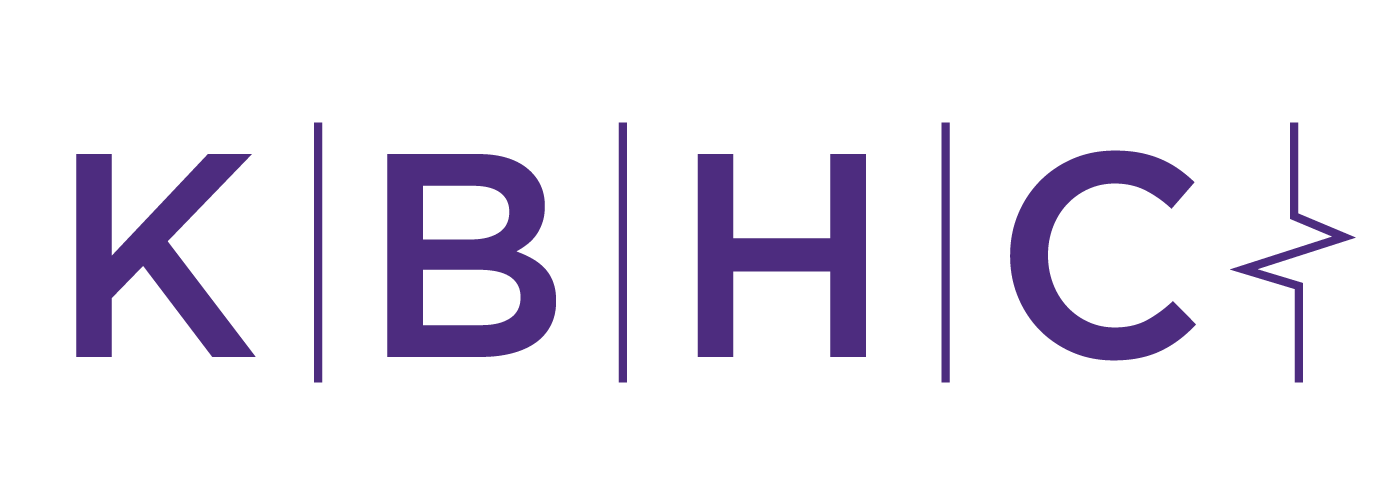Harmonize GTM, Product & Regulatory Roadmaps: An interview with Sally Ann Frank, Health & Life Sciences for Microsoft for Startups
Neha Goel, ’23 chats with Sally Ann Frank, WW Lead for Health care & Life Sciences at Microsoft for Startups about her experiences on working with early-stage Healthcare & Life Sciences Startups
Sally Ann Frank is a business leader and technologist with a passion for healthcare. She has 20+ years of experience in high-tech business development, sales, and marketing. She thrives on helping people use technology to be more successful, improve outcomes, find new revenue streams, and save money. She is currently Worldwide Lead for Health care & Life Sciences at Microsoft for Startups, where she helps health and life sciences startups use Microsoft technology to provide better, more-cost effective care. Outside Microsoft she is the owner of The Bindu yoga studio (www.thebindu.com) where she has been practicing yoga for more than 21 years and teaching for more than 20 years.
NG: Let’s start with the differences within the Healthcare ecosystem which are not so relevant in other industries?
Sally: Safeguarding patient identifiable information and being compliant with regulatory standards. Security is incredibly important for medical devices and patient data. Additionally, there are regulations for Software as a Medical Device (SaMD), HIPPA compliance and other regulations. Furthermore, for startups and companies with global aspirations. determining where that information is going to be stored has additional requirements. For example, if you plan to operate in Europe your company must comply with GDPR, and medical devices must earn a CE mark.
NG: While working with new healthcare startups what are the big challenges/mistakes, you feel they make the most?
Sally: 1. For HLS startups to be successful they must align their product roadmap, go-to-market strategy, and regulatory plan, making sure all those are aligned. Many startups miss making sure those are all unified.
2. Often early-stage companies wait too long to get funding. They're at this critical point and they keep bootstrapping their organization when they could really grow if they got some funding or outside investment.
3. Additionally, hiring a chief revenue officer early is key. Startups need a leader to run sales and business development. The fact of the matter is, especially in healthcare, founders are often clinicians, or technologists, or somebody who has had a significant health event. They tend to be visionaries, which is great. But they don't always think in terms of commercialization. They need to plan to build their team that can bring their products to the market and run the cycles with their end customers.
NG: What does Microsoft look for in future Startup’s partnerships?
Sally: For startups, we are looking for early-stage organizations that are interested in working with Microsoft, that have affinity for our technology and are eager to go to market with us. We focus on B2B or B2B2C, pre-seed through series A&B, with under $25 million in revenues. Whether you are a full team with a solution and funding or just two people ideating at your kitchen table, everyone can apply for our startup program at https://startups.microsoft.com/.
NG: How does Microsoft differentiate itself from its competitors who are looking for similar healthcare engagements?
Sally: We focus on making our customers and partners successful. In healthcare, our investment in Microsoft Cloud for Health, our acquisition of Nuance and other investments shows that we are heavily focused in the health care industry. Furthermore, we thrive on building long-term relationships with our startups, partners and customers through building trust.
NG: Any advice to future Healthcare business industry entrepreneurs?
Sally: 1. One of the things that's probably most important is to surround yourself with people who are not like you. So, if you are a technologist, team up with a clinician that is a specialist in your solution area like a cardiologist or neurologist.
2. Build something, even if it's just a mockup and get input from the prospective users. Do that early and often through your product development cycles.
3. Understand your market, understand your customer, understand the constraints on your customers, the constraints on the industry, and the regulatory environment.
4. Research to understand where your customers are investing and by whom, in what geographies, and in which sub verticals, so you understand where your company and solutions fit. Be sure to understand the value you bring to the existing ecosystem and articulate it well.
5. Cultivate the industry luminary advisors early. Consider giving them a piece of your company in exchange for their experience and guidance.
6. And don't forget to harmonize the go-to-market strategy, product road map, and regulatory roadmap.
ABOUT THE AUTHOR
Neha Goel is current MBA student in Northwestern Kellogg’s Evening & Weekend program. She works full time as Senior Software Engineer at Microsoft Healthcare & Life science Industry Solutions Organization. She has prior 9+ years’ industry experience in AI evangelism, Product Management, and technical Consulting. She is passionate about working with startups, especially in healthcare industry and has been an ex-cofounder of Medical Device company. At Kellogg she is board member of Evening & Weekend Entrepreneurship & Venture Capital Club and AI Club.


